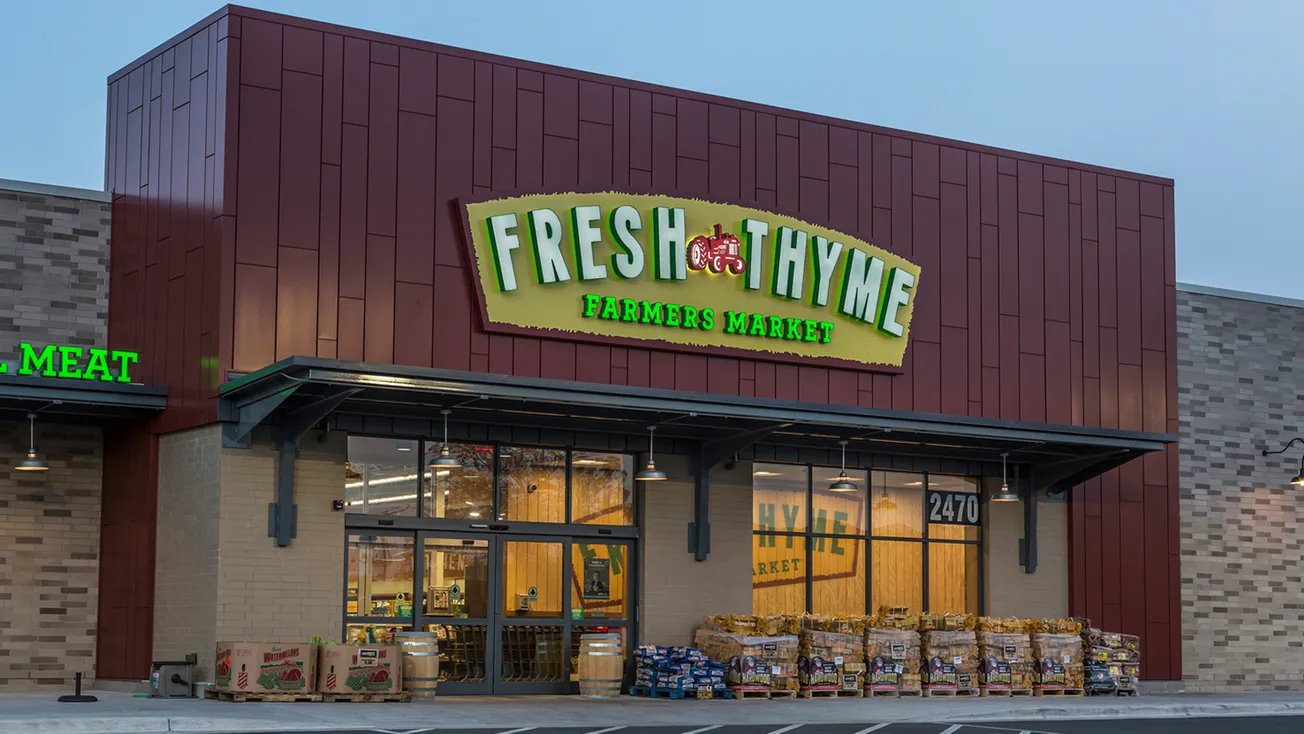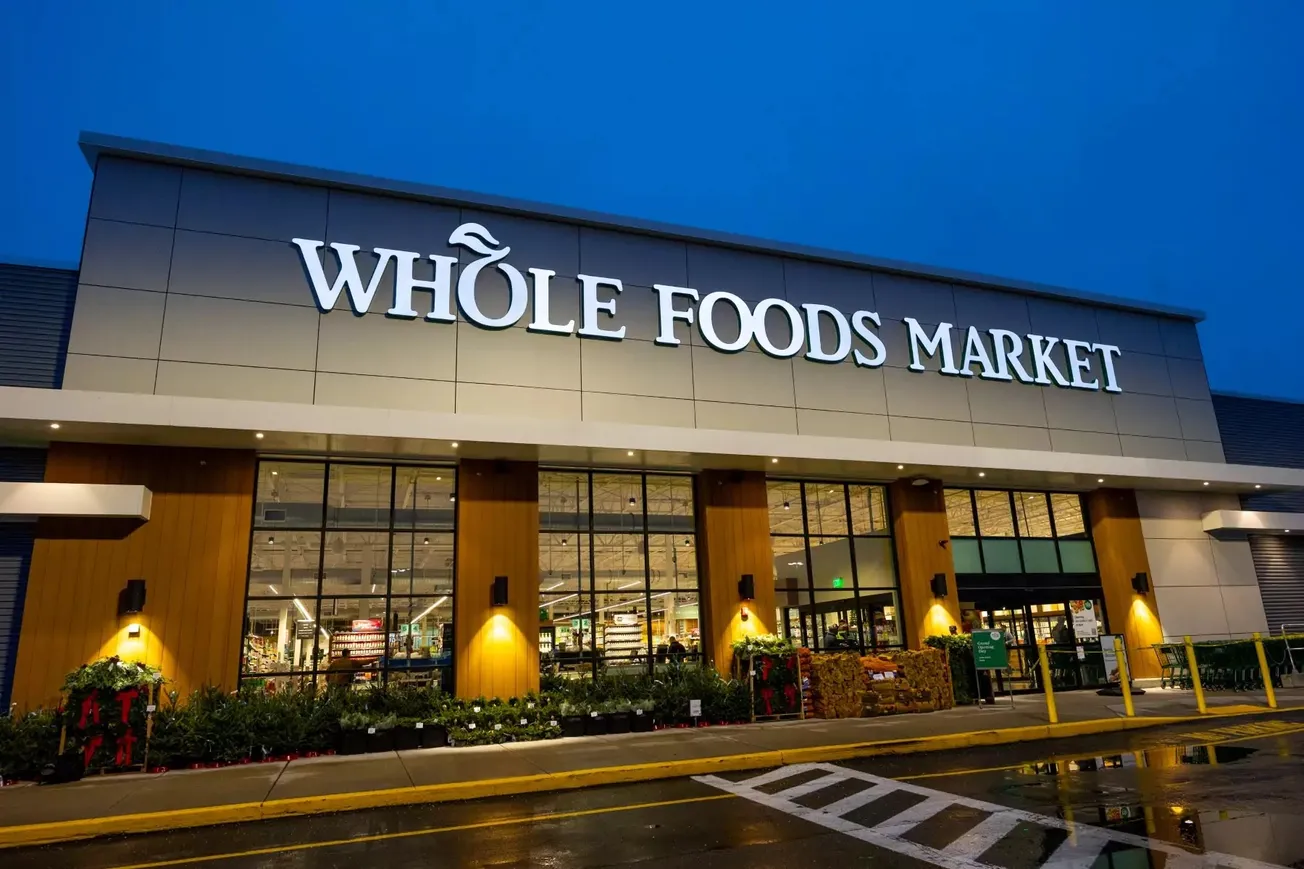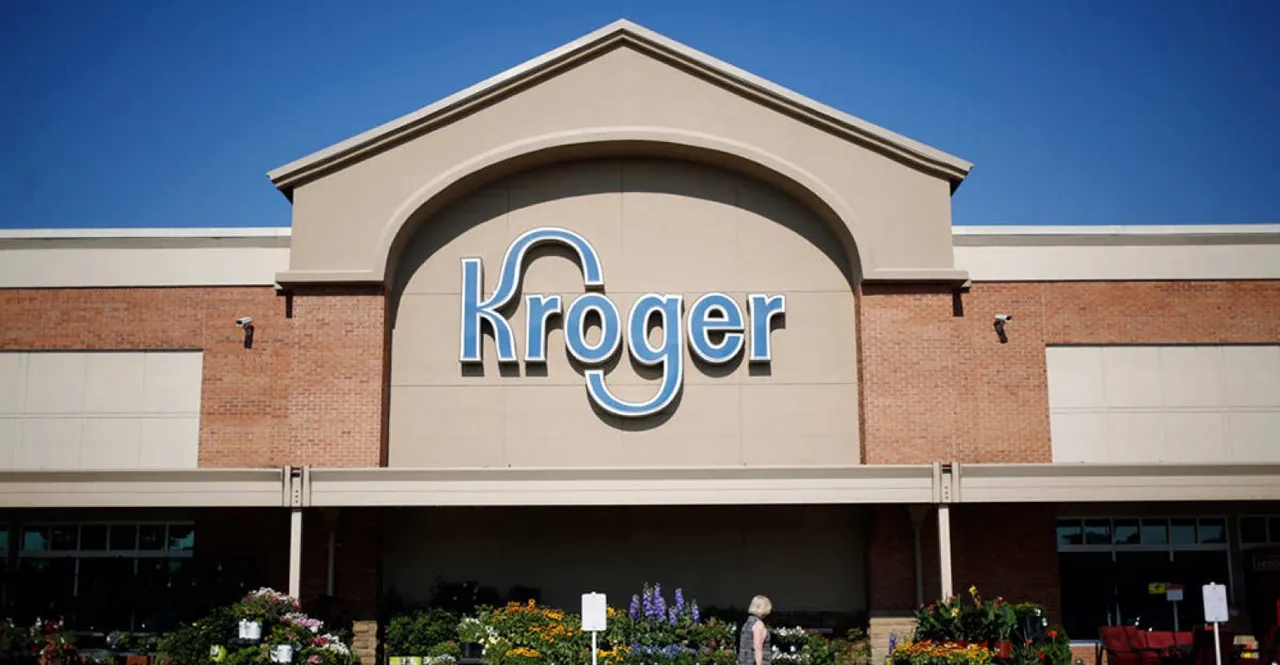On Thursday, March 3, the editors of Racher Press, publisher of MMR and Chain Drug Review, gathered together five industry-leading personalities to discuss the state of the world and the retailing industry.
 Without naming names, those on hand included a senior executive with one of the nation’s leading food retailers, two senior consumer packaged goods executives, one of America’s foremost retail marketing consultants, and a pioneer in the art and science of bringing retailers and suppliers together for the benefit of both.
Without naming names, those on hand included a senior executive with one of the nation’s leading food retailers, two senior consumer packaged goods executives, one of America’s foremost retail marketing consultants, and a pioneer in the art and science of bringing retailers and suppliers together for the benefit of both.
Among the subjects that were analyzed, debated and discussed:
• Home versus office: the future of work. The participants were split over the future of the workplace, with all agreeing that the days of coming to an office will be adjusted to suit the new normal. The central question that emerged addressed the value and productivity benefits of coming to an office five days a week, with the consensus being that three or four days was probably a more realistic estimate. However, in the final analysis the participants generally agreed that there is no substitute for the interaction and interplay among people — and that that interplay must continue if efficiency and productivity is to remain at high levels. One participant summed up the feeling of the group in lauding the interaction among a group of people as irreplaceable in any zoom configuration.
• Sustainability. Here, the discussion was wide ranging, with all agreeing that, while the issue is paramount in today’s marketplace, it fails to define the parameters. Perhaps, one panelist said, it might be smarter and more productive to redirect this very important issue by narrowing its focus. Case in point: the push to reduce or eliminate the use of plastic bottles or containers. This in itself, the participants agreed, is a monumental assignment — but one that, at the least, is definable and so more easily tackled. By contrast, the panelists agreed, the idea of sustainability, while a laudable objective, is simply too weighty to comprehend, much less overcome.
• Most impressive companies. Opinions here, as expected, were all over the board, with every panelist expressing his or her opinion as to a favorite. Apple came in for praise, as did Unilever and Procter & Gamble. Several participants cast their votes for smaller companies, noting their inherent flexibility and ability in reaching conclusions and making decisions. Without naming names here, there was general agreement about companies, usually larger ones, that too frequently get bogged down by an inability to act quickly, and an even greater handicap of inward-focusing at the expense of industry-oriented action. A typical criticism: companies overly focused on revamping their organizational structures.
• Most impressive retailers. Here, as expected, opinions varied widely. But such industry leaders as Costco, Aldi, Target and Walmart came in for much praise — and some criticism. Opinions here were, to some extent, based on either personal experience or personal observation. One participant praised Target’s marketing stroke of advising shoppers already at the store that they could also shop the store online, citing the campaign as offering customers a best-of-both-worlds option.
Much more was discussed, debated and analyzed in this four-hour session. But both the mood and the outlook were decidedly optimistic, with the general consensus being that the worlds of business and retailing have largely survived and thrived during the current pandemic — and that the future is as bright as our community will allow it to be.






